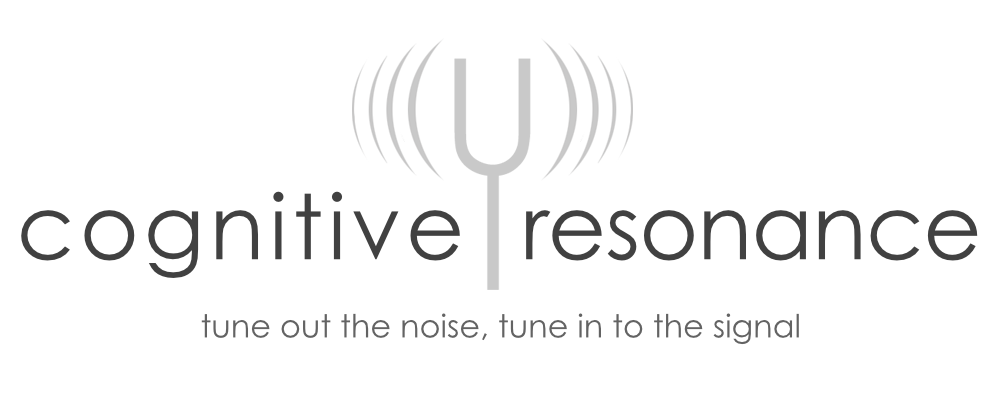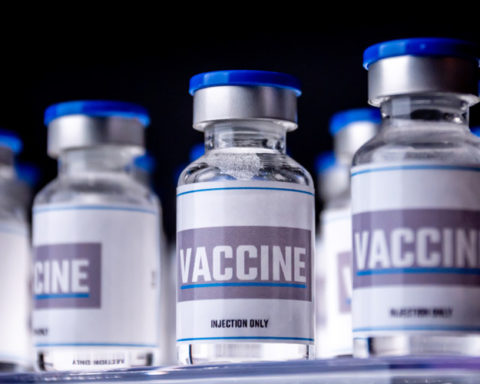A further three football players collapsed during play this week, bringing new interest to the question of what might be the connection between this unusually high number of on-field medical emergencies and the Covid vaccines. Football pundit Trevor Sinclair got into hot water for raising the question on-air, while scientists argued that the disturbing trend is more likely to be a consequence of Covid itself than the vaccines.
Presumably something lies behind the recent rise, which according to some analysts has involved 21 sudden deaths (most heart-related) of FIFA players so far in 2021, compared to around 4.2 in an average year (with a standard deviation of 2.0). Assuming this isn’t a reporting phenomenon, this is an extraordinary spike and highly statistically significant.
The two major unusual factors this year are the presence of SARS-CoV-2 and the Covid vaccination programme. However, only two such deaths were reported in 2020, when Covid was also around, which would seem to lend weight to a vaccine explanation.
The vaccines are known to affect the heart and cardiovascular system in some cases, which is why blood clots and heart inflammation (e.g. myocarditis) are among the side-effects listed
The vaccines are known to affect the heart and cardiovascular system in some cases, which is why blood clots and heart inflammation (e.g. myocarditis) are among the side-effects listed and why a number of countries have ceased using some of the vaccines in younger age groups. This means the idea that there could be a link between an unusual spate of heart-related emergencies and the vaccines shouldn’t be dismissed out of hand.
On the other hand, some studies have shown that the risk of developing myocarditis is substantially higher following SARS-CoV-2 infection than vaccination.
A number of scientists have pointed out that insofar as cardiovascular problems arise from the effect of the SARS-CoV-2 spike protein (and there seems to be some agreement that the spike protein is a large part of the causal story here) a bout of SARS-CoV-2 exposes the body to at least as much spike protein as a course of vaccination. Against that, those who suspect that the vaccines are playing a key role say that in fact most SARS-CoV-2 infections are not systemic but remain localised to the respiratory system, so have little impact on the cardiovascular system, whereas vaccination always allows the spike protein to have a systemic impact by gaining easy access to the bloodstream.







